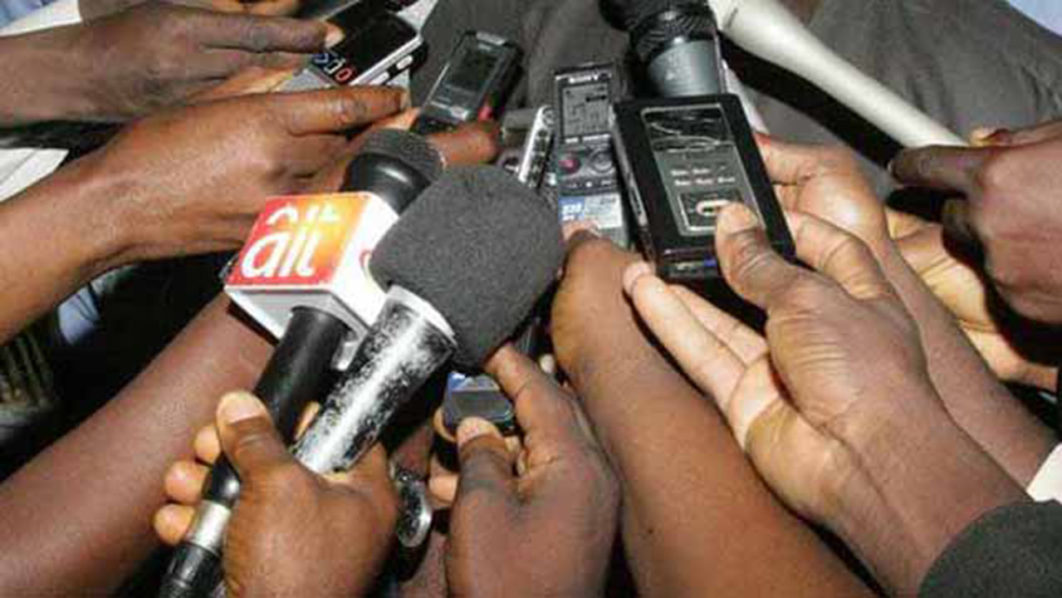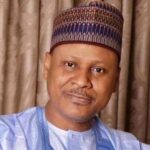I have long been convinced that the everyday political behaviour of the Nigerian media is not just terribly bad, it is possibly the worst there ever is anywhere. I have also long believed that any country in which political journalism is structured or practiced the way it is in Nigeria would struggle to have peace and stability, and struggle even more to keep them. And I have written elsewhere that if reforms were needed anywhere in Nigerian politics, it must start first with the press as a political institution.
Yet, media coverage and framing of recent events in Nigeria, from the farmers and herders conflict, the banditry in the North, the #EndSARS protests, to the ugly ethnic conflicts brewing in the Southwest all remind me of the quote “power without responsibility, the prerogative of harlots”. That statement was made by three times Prime Minister of Britain, Stanley Baldwin in reference then to the ‘yellow’ journalism of the British press. Mr Baldwin must count himself lucky that he never knew anything of the Nigerian media. And we are here not even talking about social media, yet.
- 10 things you probably did not know about the new EFCC boss
- How bandits are turning Kaduna communities to ghost towns
First, during the #EndSARS protests last year, most Nigerian newspapers and television stations went to town screaming ‘massacre’ and ‘genocide’, two terms that have very specific meanings in conflict situations, against protesters at the Lekki Toll Gate, Lagos, the epicentre of the protests. To date, not a single media organisation in the country has provided any evidence of either, so in the end they settled for ‘Lekki shootings’.
Secondly, when one Sunday Adeniyi Adeyemo, popularly known as Sunday Igboho burst onto the Nigerian political scene only a few months ago, an ethnic chauvinist who openly threatened violence against other Nigerians, he was roundly celebrated as a ‘human rights activist’ in the loudest sections of the Nigerian press. When the media hail an ethnic warlord as a ‘rights activist’ in a hugely diverse and multicultural society such as Nigeria’s, for political expediency, they only legitimise the warlord’s hateful rhetoric and risk turning everyday misunderstandings between people into major ethnic conflagrations across the country, as we are now witnessing.
All of these are bad enough, but the near total media blackout of the unfortunate and sad events at Shasa Market, Ibadan, Oyo State, during last weekend was most shocking. From the evening of Friday through Sunday morning, social media, and Twitter particularly, had been trending with thousands of tweets and posts about the hashtag #StopKillingNortherners. And as usual, gory images and videos of allegedly northern Nigerians being killed or driven from their homes by their Yoruba hosts in Ibadan and environs were spreading like wildfire across social media.
It was also the single most important thing people were talking about across much of Northern Nigeria, on radio or in the streets throughout the weekend. The images and videos inflamed on social media passions everywhere, but thankfully not to the threshold of sparking reprisal attacks as communal conflicts often do in Nigeria.
But shockingly, other than in the Daily Trust, I struggled to find more than a single news story to read about what was actually going on in Ibadan on Sunday morning. And yes, I did check the websites of several leading newspapers and broadcasters in the country. Whole news and current affairs programmes on the private broadcast media did not mention Shasa or Ibadan at all for much of Sunday.
Indeed, even as I write this, a search of ‘Shasa market’ on the websites of six leading newspapers in the country has yielded no more than 20 stories combined, majority of them from yesterday (Monday) and today (Tuesday), after state governors across both regions have managed to bring the situation under control. At the same time, however, when I search for #LekkiTollGate, the results yield several times more stories than for the unfortunate events in Ibadan.
The implications of these form of political reporting are clear, but to understand them, we must first understand two long-standing tendencies in the Nigerian political media. One, first Nigerian newspapers, then radio and television media, and now social media, all like to pitch themselves in a moral opposition to the state: the government and all its agents are bad, while the media and so-called civil society are good. Thus, our media everyday accuse government and political leaders of sundry evils: corruption, ethnic bias, incompetence, and so on, while assuming that media and civil society are themselves free of these things.
None of these is true, however. There is as much corruption and greed in the media as there is in government, for example. When it comes to corruption, the difference between the government and the media is just of degree and scale, not of kind: those in government just have more opportunities to steal. There are certainly more virulent forms of ethnicity in the media than you can find in any political party or politician in Nigeria. On the other hand, many people in government are better than those in the media, in terms of civility, accountability, competence, or whatever.
All of which leads us to the second point. While the media and civil society scream everyday about holding government accountable, they have themselves, particularly those located in the southern part of the country, have no any mechanisms of accountability. They want to scrutinise others but can’t stand any scrutiny themselves. They are not aware of their own awesome power, and so use it recklessly. Like Baldwin’s harlots, they have power but no responsibility.

 Join Daily Trust WhatsApp Community For Quick Access To News and Happenings Around You.
Join Daily Trust WhatsApp Community For Quick Access To News and Happenings Around You.


